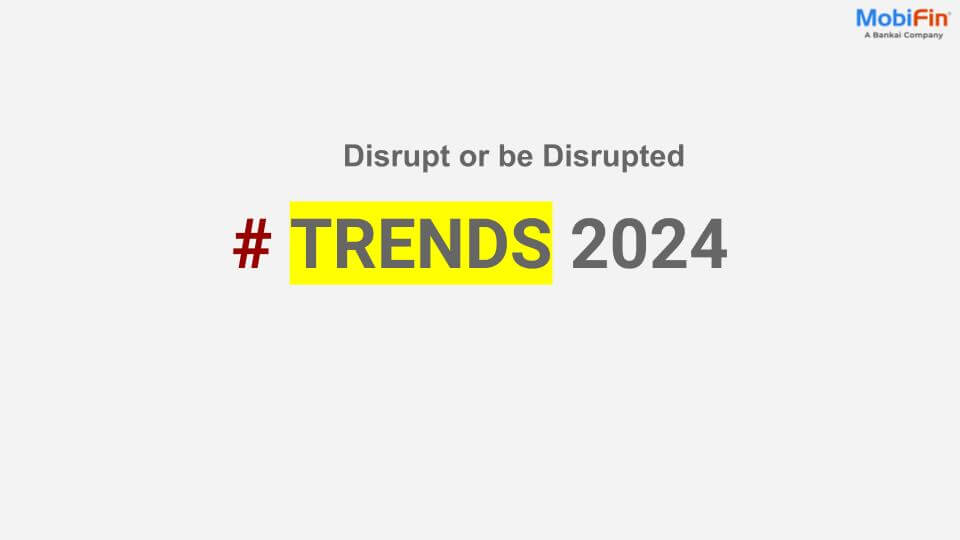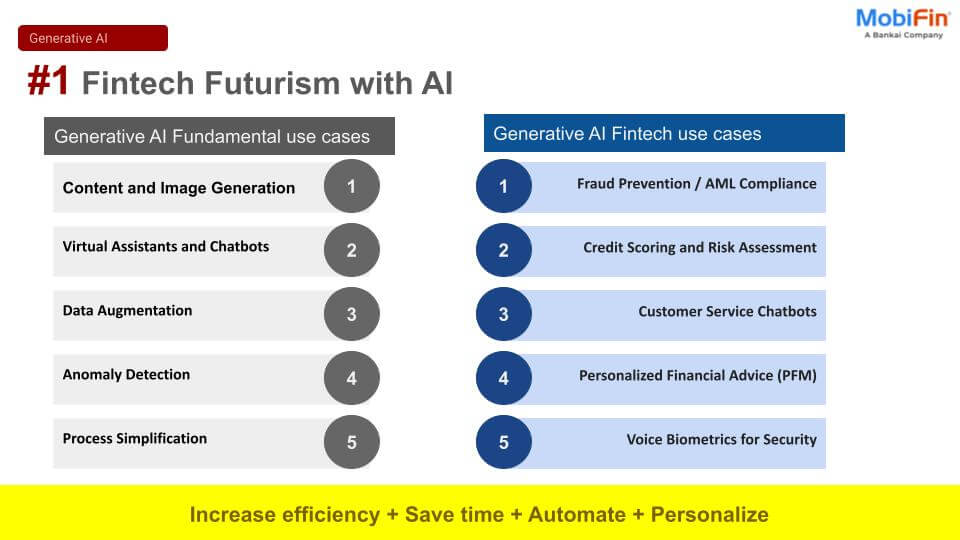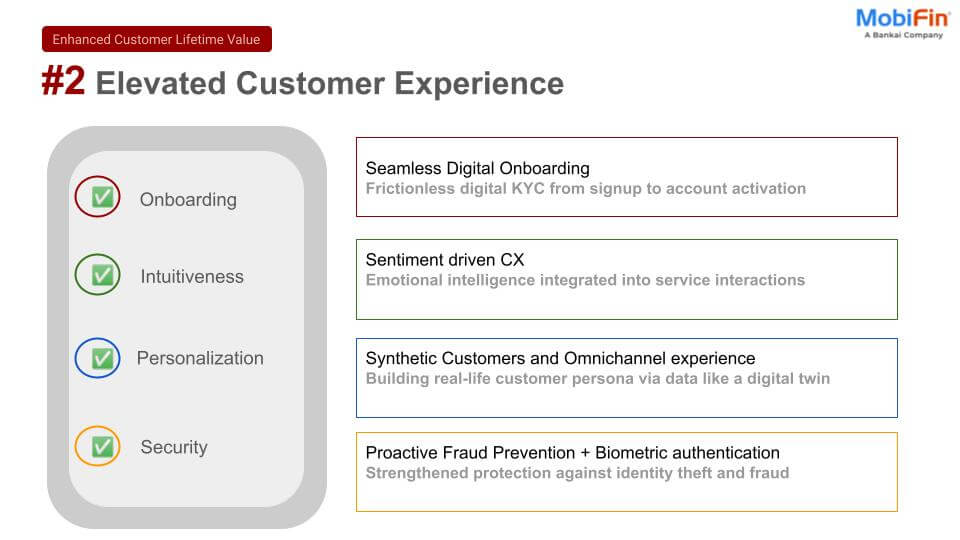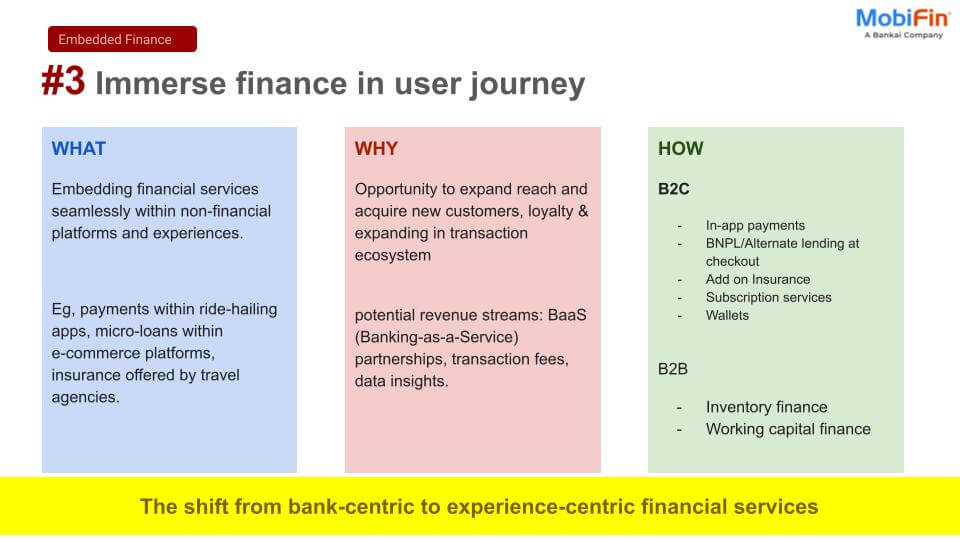Africa: Beyond mobile money – The next frontier of financial innovation
While Africa’s leapfrogging of traditional banking infrastructure through mobile money is well-documented, a more nuanced trend is emerging. The continent is now experiencing a ‘second leap’—bypassing even conventional digital banking models to embrace advanced fintech solutions.
Key insights
The rapid adoption of blockchain and AI-driven financial services in countries like Nigeria and Kenya is creating new financial paradigms:
– Blockchain-based land registries in Ghana and Kenya are addressing property rights issues, potentially unlocking billions in ‘dead capital.’
– AI-powered credit scoring models in Nigeria use non-traditional data (e.g., social media activity, mobile phone usage) to assess creditworthiness, potentially bringing millions into the formal financial system.
Data as the new currency
Innovative fintech companies are redefining credit scoring in Africa by tapping into alternative data sources, addressing the challenge of limited formal credit histories across the continent.
By analyzing non-traditional data points such as mobile phone usage, social media activity, and utility payment patterns, these companies can create comprehensive credit profiles for individuals historically excluded from the formal financial system.
Deep dive
– Companies like Branch and Tala use over 10,000 smartphone data points to create credit profiles.
– This approach has shown a 50% increase in accuracy for predicting loan repayments compared to traditional methods.
– If widely adopted, this could add an estimated $250 billion to Africa’s GDP by 2025 through increased access to credit for SMEs.
The rise of pan-African fintech
As African fintech companies continue to mature, we are witnessing the rise of pan-African players breaking down traditional barriers and challenging the notion of siloed national financial systems.
By integrating diverse financial ecosystems, they pave the way for Africa’s more cohesive and collaborative economic future.
Analysis
– Flutterwave and Chipper Cash have facilitated over $10 billion in cross-border transactions in the past year.
– This is laying the groundwork for a more integrated African financial market, potentially accelerating the goals of the African Continental Free Trade Area.
– By 2030, we could see a unified African digital currency backed by a consortium of central banks, facilitating seamless cross-border trade.
Regulatory Innovation
African regulators are increasingly adopting a ‘test and learn’ approach, allowing for controlled experimentation in fintech.
Case Study: Rwanda’s Regulatory Sandbox
- Launched in 2017, it has incubated over 20 fintech startups.
- A blockchain-based microinsurance product that has covered over 1 million previously uninsured farmers.
Middle East: The crucible of tradition and innovation
Consolidating Islamic finance principles with cutting-edge technology goes beyond simply digitizing traditional banking processes; it forges a new financial paradigm where ethical, Sharia-compliant practices are seamlessly integrated with advanced innovations like AI, blockchain, and fintech.
This convergence enhances operational efficiency and opens up opportunities for greater inclusivity, transparency, and global reach within the Islamic finance sector, making it more relevant in the modern, tech-driven economy.
Insights
- AI-driven Sharia-compliant robo-advisors: UAE-based Wahed Invest has attracted over 100,000 customers in 130 countries.
- Blockchain-based sukuk issuances: Saudi Aramco’s $10 billion sukuk (Islamic bond) in 2021 used blockchain for increased transparency and reduced costs.
– By 2025, Islamic fintech could capture 25% of Islamic banking assets globally, estimated at $2.5 trillion.
Sovereign wealth funds as fintech catalysts
The region’s sovereign wealth funds are no longer content with being passive investors focused solely on generating returns; they are actively shaping the fintech landscape by strategically investing in and nurturing innovative startups.
Critical analysis
– Abu Dhabi’s Mubadala and Saudi Arabia’s Public Investment Fund have invested over $5 billion in fintech startups globally in the past two years.
This state-driven innovation model presents a third option between the West’s market-driven approach and China’s state-controlled model.
Case study
Hub71 in Abu Dhabi – a tech ecosystem that has attracted over 100 startups, with 30% in fintech, leveraging $1.5 billion in funding.
The Petrodollar to Crypto-Petrodollar Shift
As Gulf nations seek to diversify their economies, they are implementing a subtle yet pivotal shift in monetary policy by embracing digital assets and alternative currencies.
This transformation involves the exploration of Central Bank Digital Currencies (CBDCs) and blockchain technology, marking a move away from the traditional oil-backed economy.
Forward-looking perspective
– UAE’s and Saudi Arabia’s joint CBDC project, Aber, has completed all low-value cross-border transactions implemented in six commercial banks with two countries.
– If major oil trades shift to a Gulf CBDC, it could reduce the dollar’s global dominance and reshape geopolitical dynamics.
– By 2030, up to 20% of global oil trades could be settled in Gulf CBDCs or stablecoins.
Quantum-secure financial infrastructure
As Gulf nations work to diversify their economies beyond oil, they are making a subtle yet impactful shift in their approach to monetary policy by exploring digital currencies and blockchain technologies.
This shift signals a move from traditional reliance on the petrodollar toward a more diversified and resilient economic model.
Cutting-edge development
– Qatar’s QNB Group has partnered with IBM to implement quantum-resistant cryptographic algorithms.
– This proactive approach could position the Gulf as a leader in post-quantum finance, attracting global financial institutions seeking secure havens for data.
APAC: The Algorithmic Banking Revolution
While the rise of financial super apps like Alipay and WeChat Pay has garnered global attention, the next phase of their evolution unfolds in more subtle yet potentially transformative ways.
Beyond offering a wide range of financial services, these platforms now integrate AI-driven personalized experiences, predictive banking, and seamless cross-border transactions.
Cutting-edge trend
– In China, Ping An’s OneConnect platform uses AI to process over 5 million loan applications daily, making decisions in seconds.
– In Singapore, DBS Bank’s predictive banking feature has increased customer engagement by 30% and reduced churn by 20%.
– By 2025, 50% of all banking interactions in APAC will be AI-driven and invisible to the user.
The New Data Paradigm
APAC is in charge of redefining how financial data is owned, shared, and utilized, pioneering innovative frameworks that empower consumers with greater control over their personal information.
This shift fosters greater competition and innovation within the financial sector. It reshapes the power dynamics between financial institutions and consumers as individuals gain more transparency and authority over how their data is used.
Deep analysis
– Australia’s Consumer Data Right and Singapore’s SGFinDex are creating new data portability and interoperability models.
These models have led to a 40% increase in consumers switching financial products, driving competition and innovation.
Future trend
The emergence of “data trusts”—independent entities that manage individuals’ financial data—could potentially reshape the power dynamics between consumers and financial institutions.
Quantum Finance
While quantum computing is often considered futuristic, some APAC financial institutions are already moving beyond theory to explore its practical applications.
Leading regional banks and financial firms are experimenting with quantum algorithms to optimize trading strategies and enhance data security through quantum key distribution.
Future Outlook
– Japan’s Nomura Securities has used quantum computing to optimize its trading algorithms, reporting a 10% return improvement.
– Singapore’s DBS Bank is exploring quantum key distribution for ultra-secure communications.
– By 2030, quantum computing could unlock $300-500 billion in value for the global financial services industry, with APAC at the forefront.
Central Bank Digital Currencies (CBDCs)
APAC is emerging as a global leader in developing and implementing Central Bank Digital Currencies (CBDCs), with countries like China, Japan, and South Korea spearheading innovative projects.
Millions have already tested China’s digital yuan, showcasing its potential to revolutionize domestic and international transactions by reducing costs and improving efficiency.
These efforts position APAC as a critical player in shaping the future of digital currencies, setting the stage for faster, more secure, and more inclusive financial systems across the region and beyond.
In-Depth Analysis
– China’s digital yuan has been tested by over 140 million users, with transactions exceeding $5.3 billion.
– The Bank of Japan’s CBDC experiments focus on offline functionality, crucial for disaster resilience.
– CBDCs could reduce cross-border transaction costs by up to 50% and settlement times from days to seconds.
Cross-regional dynamics: The emergence of new financial silk roads
A growing trend of South-South Cooperation (SSC) in fintech is reshaping global financial dynamics by bypassing traditional Western financial hubs.
Emerging markets in Africa, the Middle East, and APAC are increasingly collaborating directly with one another, fostering innovation and investment that doesn’t rely on Western financial centers.
Insightful observation
- African fintech startups received over $1 billion in funding from APAC investors in 2022, a 300% increase from 2020.
- Ant Financial’s investment in Nigeria’s OPay has led to the development of AI models that combine Chinese and African data, creating more robust credit scoring systems.
Regulatory Arbitrage 2.0
As fintech evolves, so does the practice of regulatory arbitrage, which is becoming more sophisticated and nuanced.
Instead of simply exploiting regulatory gaps, fintech companies are now strategically navigating diverse regulatory environments to leverage favorable conditions and innovative frameworks.
This involves setting up operations in jurisdictions with more flexible or advanced regulations or engaging in regulatory sandbox programs allowing controlled experimentation.
Critical analysis
The Dubai International Financial Centre (DIFC) and Singapore’s MAS have signed agreements that allow fintech companies to easily transfer their innovations between jurisdictions.
– This has led to a 50% increase in cross-border fintech collaborations between the Middle East and APAC.
The Tokenization of everything
While cryptocurrency often dominates the conversation, a more profound and transformative trend is the tokenization of real-world assets.
This emerging development involves converting physical assets, such as real estate, art, and commodities, into digital tokens on a blockchain.
Tokenization enhances liquidity, transparency, and accessibility, allowing fractional ownership and broadening investment opportunities to a global audience.
Forward-Looking Perspective
– Singapore’s iSTOX platform has tokenized over $1 billion in private equity, demonstrating the potential for democratizing access to previously illiquid assets.
– In Saudi Arabia, the Aramco-backed Bahrain Bourse is piloting tokenized carbon credits, which could revolutionize the global carbon market.
– By 2030, up to 10% of global GDP could be tokenized, radically altering concepts of ownership and investment.
Navigating a polycentric financial future
The future of banking is increasingly decentralized, quantum-powered, and seamlessly integrated into daily life. Financial institutions must adopt flexible, modular platforms that rapidly adapt to these changes.
AI-powered solutions like MobiFin offer the scalability and adaptability needed to thrive in this evolving landscape. They enable banks to deploy new services and integrate emerging technologies quickly.
New models of financial governance are emerging through regulatory innovation and cross-regional cooperation. To navigate this complex landscape, financial institutions need agile compliance systems.
Our built-in regulatory compliance features and easy customization allow banks to quickly adapt to changing regulatory requirements across different jurisdictions.
As we stand on the brink of this new era in global finance, the question for financial institutions is not whether to adapt but how quickly and effectively they can do so.
With the right technology partner like MobiFin and a forward-thinking approach, institutions across these regions and beyond can turn the challenges of this polycentric financial future into opportunities for growth, innovation, and lasting impact.













